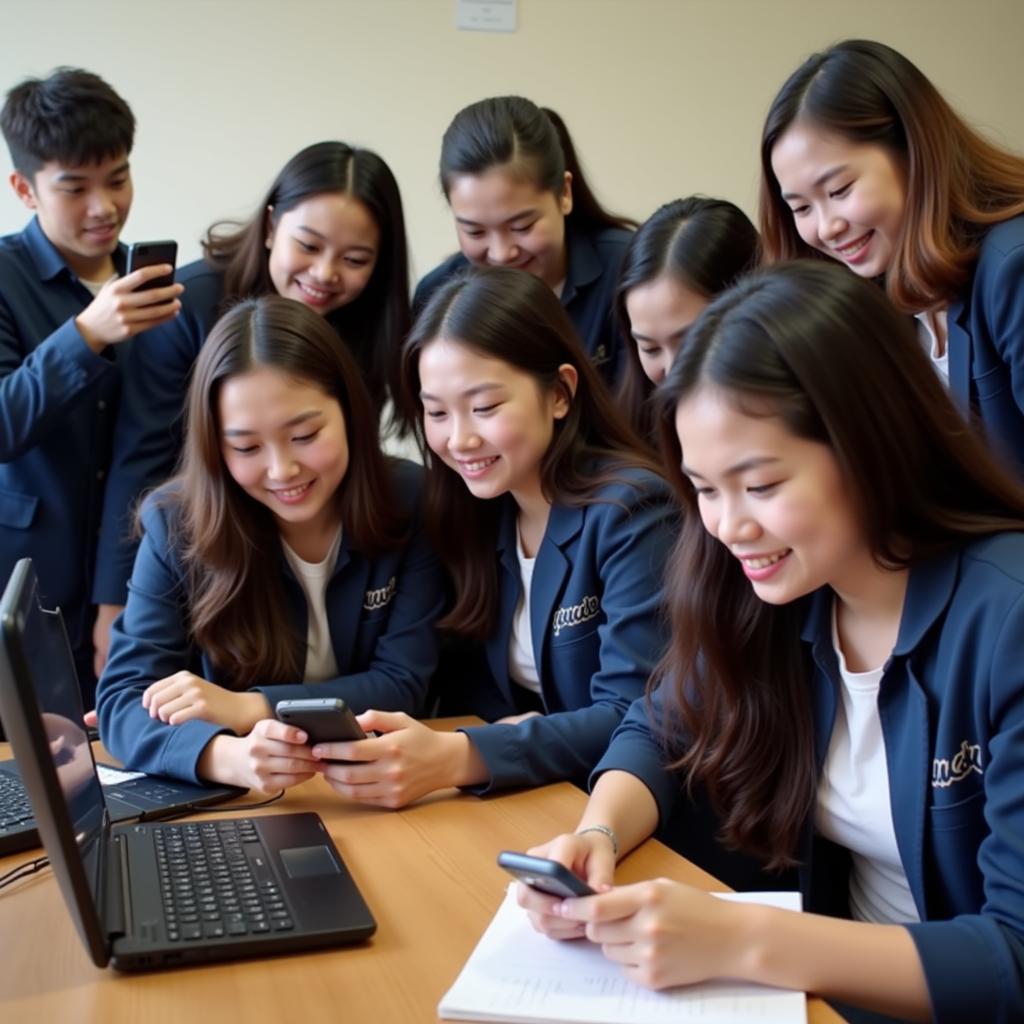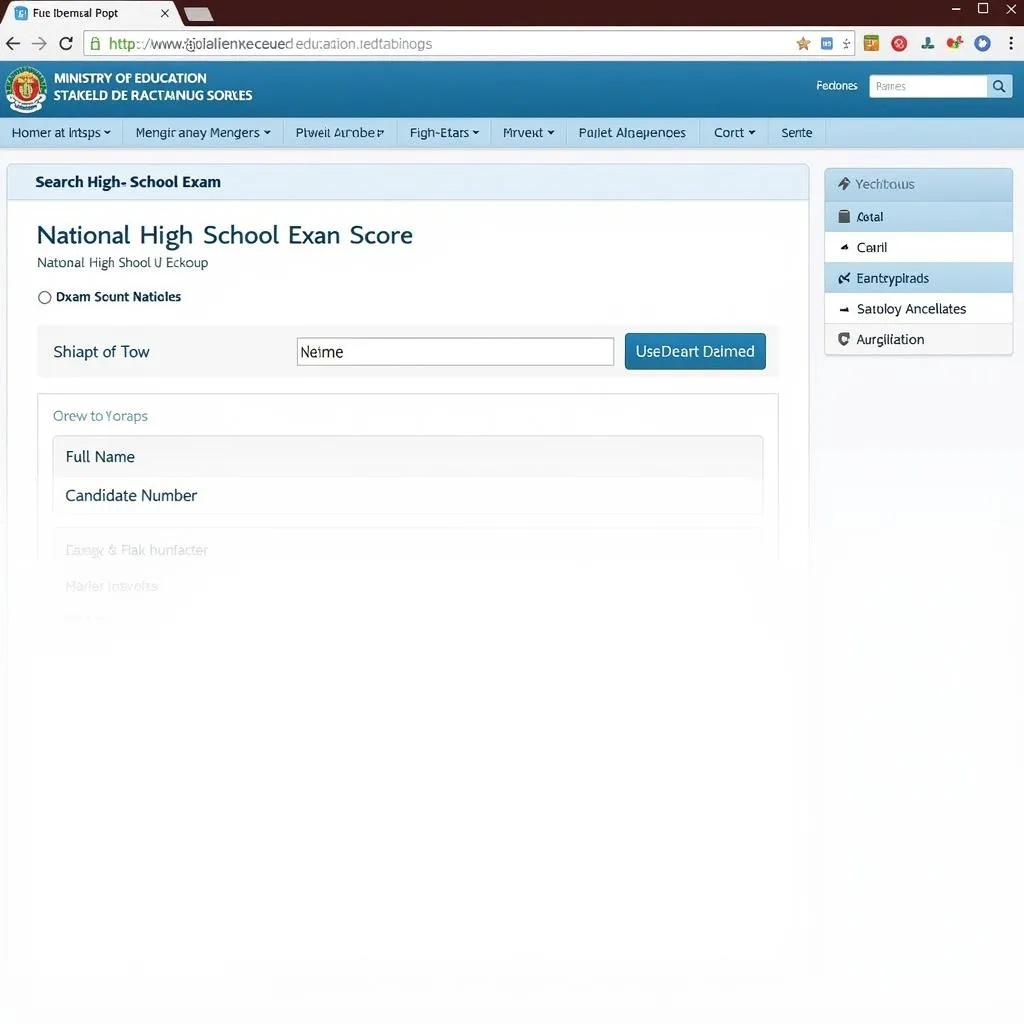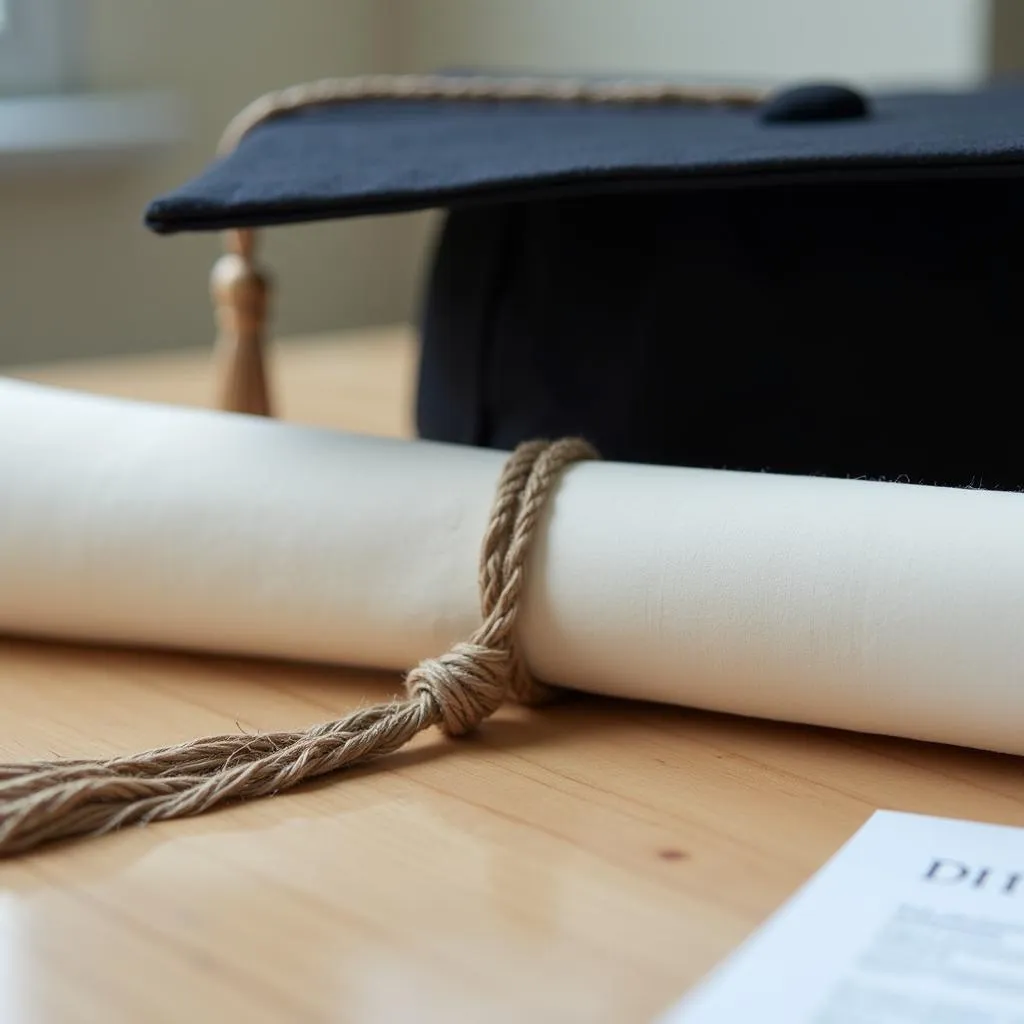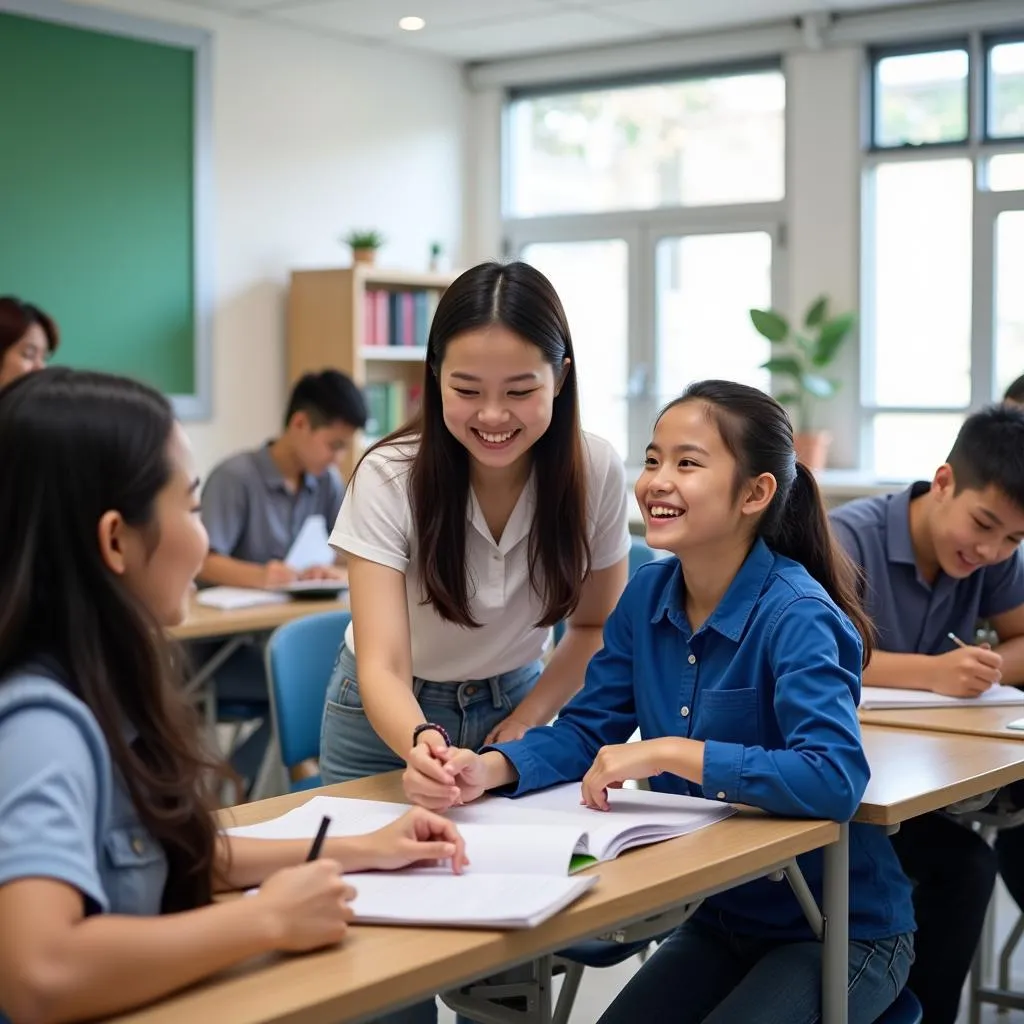A primary school is an educational institution that provides elementary education to children, typically from ages 5 to 11. It is the first stage of formal education in many countries and lays the foundation for a child’s academic, social, and personal development.
The Role of Primary School in a Child’s Life
Primary school plays a pivotal role in shaping a child’s formative years. It is where children develop essential skills like reading, writing, and arithmetic, forming the bedrock of their future learning. Beyond academics, primary school fosters social skills, emotional intelligence, and a love for learning.
Building a Strong Academic Foundation
The primary years are crucial for developing fundamental literacy and numeracy skills. Through engaging lessons and interactive activities, children learn to read, write, and comprehend information. They grasp mathematical concepts, problem-solving strategies, and develop logical reasoning abilities. These skills are not only essential for academic success but also for navigating everyday life.
Fostering Social and Emotional Growth
Primary school provides a nurturing environment for children to interact with their peers, fostering essential social skills. They learn to cooperate, communicate effectively, resolve conflicts, and develop empathy and respect for others. These experiences are invaluable in shaping their social and emotional intelligence, preparing them for the complexities of interpersonal relationships throughout their lives.
The Curriculum and Structure of Primary School
Primary schools typically follow a structured curriculum that covers core subjects such as language arts, mathematics, science, social studies, and arts. The curriculum is designed to be age-appropriate and engaging, encouraging children to explore their interests and develop a love for learning.
A Typical Day in Primary School
[Hình ảnh thư viện trường học]
A typical day in primary school might include a mix of classroom lessons, group activities, playtime, and extracurricular activities. The day usually begins with a morning assembly, followed by lessons in various subjects. Children get the opportunity to participate in hands-on activities, experiments, and projects that bring learning to life. Playtime provides a much-needed break for children to socialize, recharge, and engage in physical activity.
The Importance of Parental Involvement
[NLXH về bảo vệ môi trường]
Parental involvement plays a significant role in a child’s success in primary school. When parents are actively engaged in their child’s education, it creates a supportive learning environment that fosters academic achievement and personal growth. Parents can support their children by:
- Creating a conducive learning environment at home.
- Communicating regularly with teachers.
- Participating in school events and activities.
Transitioning to Secondary School
[Trường tiểu học dân lập trung sơn]
As children approach the end of primary school, they transition to secondary school, marking a significant milestone in their educational journey. This transition can be both exciting and challenging, as they adapt to a new environment, more demanding academic expectations, and greater independence.
Preparing for the Transition
Primary schools play a crucial role in preparing students for a smooth transition to secondary school. They provide guidance on academic expectations, organizational skills, and study habits necessary for success in the higher grades.
Conclusion
Primary school is a vital phase in a child’s life, laying the foundation for their academic, social, and personal development. By providing a nurturing environment, a well-rounded curriculum, and opportunities for personal growth, primary schools equip children with the essential skills and knowledge they need to thrive in their future endeavors.
FAQs about Primary School
1. What is the age range for primary school?
The age range for primary school varies depending on the country, but it typically caters to children between the ages of 5 and 11.
2. What are the key subjects taught in primary school?
Core subjects include language arts, mathematics, science, social studies, and the arts.
3. How can I support my child’s learning at home?
Create a dedicated study space, establish a regular homework routine, and encourage reading.
4. How can I help my child transition to secondary school?
Talk to them about their expectations and concerns, visit the new school together, and connect them with other students.
5. What are some extracurricular activities offered in primary school?
Extracurricular activities vary but often include sports, music, drama, and art clubs.
For any assistance, please contact Phone Number: 02223831609, Email: [email protected] Or visit us at: Đ. Nguyễn Văn Cừ, Trang Hạ, Từ Sơn, Bắc Ninh, Việt Nam. We have a 24/7 customer support team.





